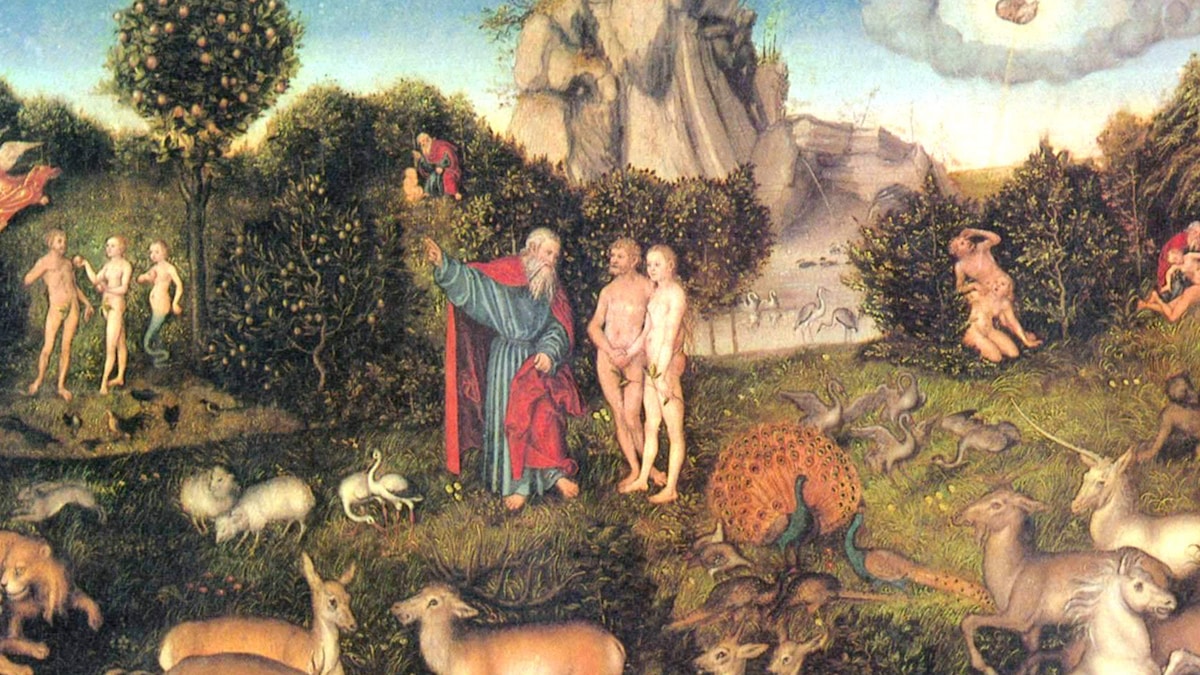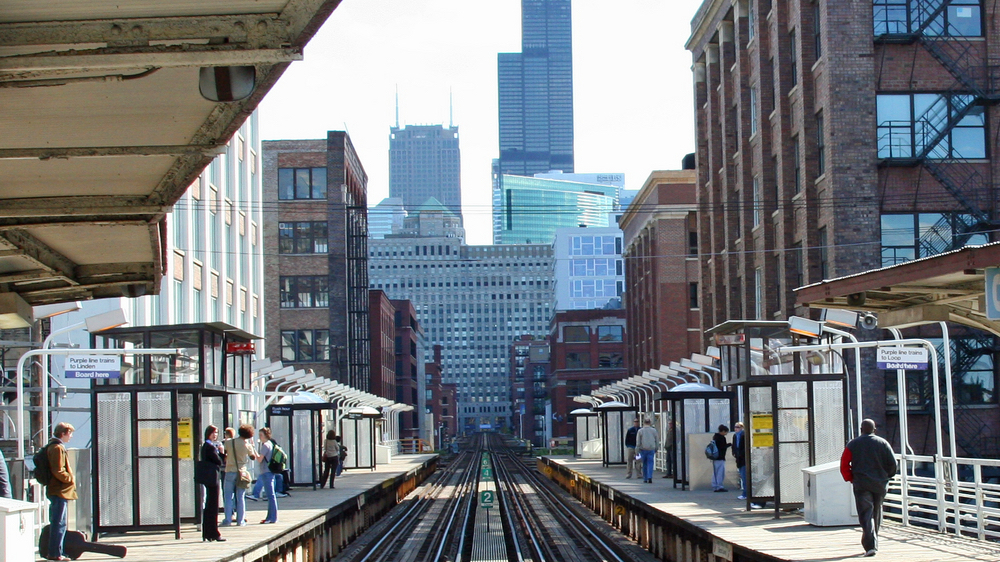Last Sunday, on the 25th Sunday in Ordinary Time, we found ourselves in a vineyard parable (Mt 20:1-16) filled with workers and a landowner. In the story, you might remember that there were workers who had toiled in the fields from dawn to dusk. There were also those who had come to the fields rather late in the day. At the end of the workday, when pay was to be distributed, something “strange” happened. The landowner paid each of them the daily wage, no matter how long they had worked.
Early this week, a friend from Cleveland called me to discuss this Gospel story. An accomplished and now-retired businesswoman who had run a very large and complex organization for decades, boldly commented: “Now, Kurt, you know that I have some very serious reservations about the actions of the landowner.” After laughing, I noted that “God’s ways are not our ways” and then led her to what I considered as the most important verse in the Gospel passage: “Am I not free to do as I wish with my own money?”
This past week, that probing question of the landowner (God) to the workers (you and me) has weighed heavily upon my heart and reminded me of a story of another woman. Like my friend from Cleveland, she has been a devout and churchgoing Catholic her entire life. In her family, however, one of her brother-in-laws was not. On Sunday mornings, she recounted that you would find him on the ninth fairway of the golf course rather than kneeling and praying in the ninth pew. Having rarely practiced his faith, to his churchgoing family members, he was “lost” to God.
One day she received a call that her brother-in-law was in the hospital—filled with cancer and a “terminal” prognosis. But as she stood at his bedside, something happened. He turned to her and asked if she would call a priest. She thought to herself: “A priest! You have got to be kidding!” When the priest arrived, she and other family members left the room as her brother-in-law made a long confession and received the Sacrament of Reconciliation followed by the Sacrament of the Anointing of the Sick. A few hours later, with family gathered around him, he died with a big smile on his face.
Regarding God’s mercy, St. Augustine once reflected that “…it may be found between the bridge and the stream.” Seventeen centuries later, the former Archbishop of Paris, Cardinal Jean-Marie Lustiger, provided an even better description of God’s mercy toward each of us:
“Nobody is ever lost in God’s eyes, even when society has condemned them.”
One of my favorite passages in Sacred Scripture is found in the Book of Ecclesiastes (3:1-11), which just happened to be the first reading this past Friday. Many of us know it. There are appointed times for everything: to be born, to die, to plant, to uproot, to scatter, and to gather.
Isn’t that what God’s mercy is all about? To gather His people, faithful and broken alike, into His embrace. To repeat Cardinal Lustiger’s words: “Nobody is ever lost in God’s eyes, even when society has condemned them.”
On this 26th Sunday in Ordinary Time, our readings call us to action. The Prophet Ezekiel (18:25-28) implores us to turn away from our sins and live! The Psalmist (25:4-5, 6-7, 8-9) asks God to show sinners the way and to bestow His compassion and mercy upon us. And St. Paul, in his Letter to the Philippians (2:1-11), provides us with a perfect roadmap regarding how, after receiving God’s mercy and forgiveness, we should treat others: “Humbly regard others as more important than yourselves, each looking out not for his own interests, but also for those of others.”
And in the Gospel of Matthew (21:28-32), we are once more led out into a vineyard to find two sons who have both disappointed their father; one by his refusal to work and the other by his empty promises. The latter son, however, has a change of heart, repents, and ends up doing the will of his father.
Perhaps this is the message for us today. Our dear Lord wants us to know that nobody is ever lost in His eyes—including you and me! 24/7, He eagerly awaits our repentance and conversion and relishes in bestowing His forgiveness and mercy upon us. In return, all He asks is that we pay it forward.








